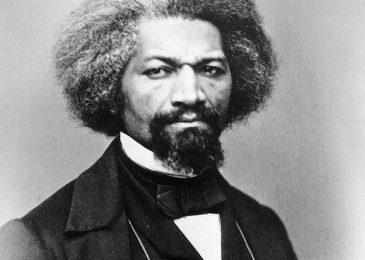It turns out that Donald Trump’s message resonated more widely than virtually all pundits and polls suggested, and he scored a stunning victory, with large majorities of self-identifying evangelicals supporting him. While I have often registered doubts about what the term ‘evangelical’ means in polls, the strength of the old Religious Right has clearly not been exhausted.
Part of the reason for this enduring strength is that conservative Christians were scared and scarred by threats to religious liberty of the past eight years, ranging from pressure against Christian colleges and Christian groups on campuses, to threats of punishments for organizations and institutions that do not toe the line on the HHS abortifacient mandate and gay marriage. Whether Donald Trump is the answer to these concerns is another question. But clearly he was able to get enough evangelical support, combined with the massive cohesion of the white working class, to put him over the top in the Electoral College. (Clinton appears likely to squeak out a win in the national popular vote.)
For evangelicals (by which I mean theologically conservative, conversionist, churchgoing Protestants), the most immediate focus should be on restoring unity within churches. For those who supported Trump, this means there’s no place for triumphalism. For those who didn’t support Trump, there’s no place for recriminations and questioning the basic motives of brothers and sisters who saw things a different way. Even for Never Trumpers, there has always been a notion that if somehow he got elected, he could actually turn out to be helpful on matters such as the right to life, and religious liberty, if he follows through on his promise to appoint Scalia-like judges.
Nevertheless, evangelicals will need to contend with the fact that much of Trump’s appeal was based on antipathy toward immigrants, especially Hispanics, and on caricatures of African American life, sentiments that many Hispanics and African Americans interpreted as out-and-out racism. If we are serious about being on the front lines of racial reconciliation and cooperation in the church, then we evangelicals will need to figure out the challenges of doing that going forward. Can white evangelicals help put Trump in the White House, and improve race relations at the same time? It is hard to see how they can.
Whatever you think of Trump’s victory, we all need to keep in mind Kevin Smith’s recent reminder at Southern Seminary that because of Trump’s popularity in 2016, many Hispanic and African American evangelical brothers and sisters “ain’t feeling all that good.” Our inter-racial unity must matter in the Body of Christ, and it must matter more than Republican Party success.
I won’t belabor the point, because I and many others have discussed it elsewhere, but evangelicals will also have to contend with the implications of giving Trump a pass on the “character” issue.
Finally, local churches are going to have to find a middle way between uncritical support for a political party, and the path of political non-involvement. The former was the way of the Moral Majority. The latter is becoming the preference of many disillusioned younger evangelicals, who found Trump and Clinton equally unacceptable choices, and who found the entire 2016 election cycle repulsive.
Wherever evangelicals go from here, these are my hopes for evangelical voters now: We will pray for godly wisdom for the new president. We will seek unity in our churches more fervently than electoral success. Finally, no matter how happy any of us might be about the Republicans’ triumph, we will never expect politicians to accomplish the work of the Kingdom for us.





